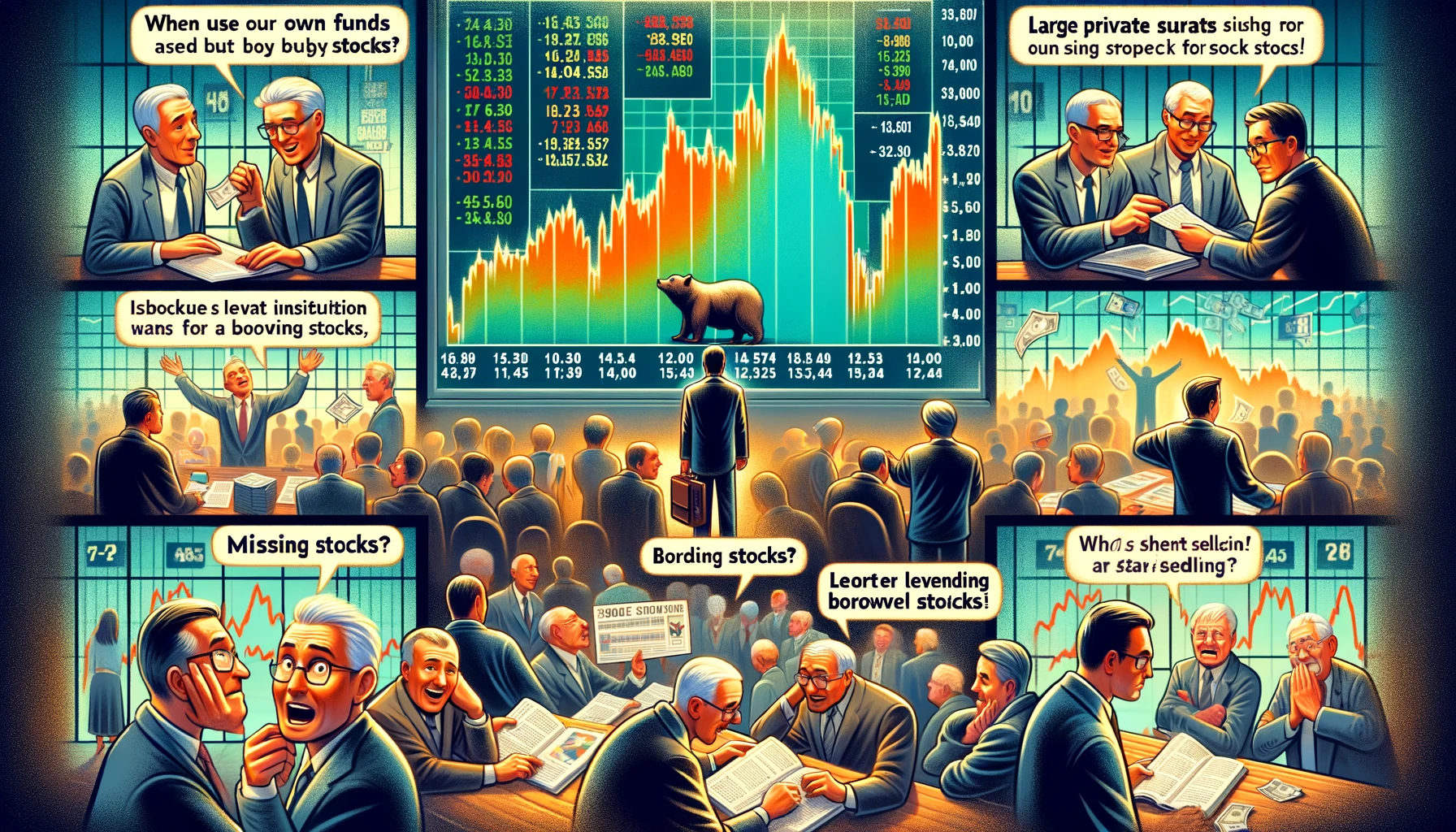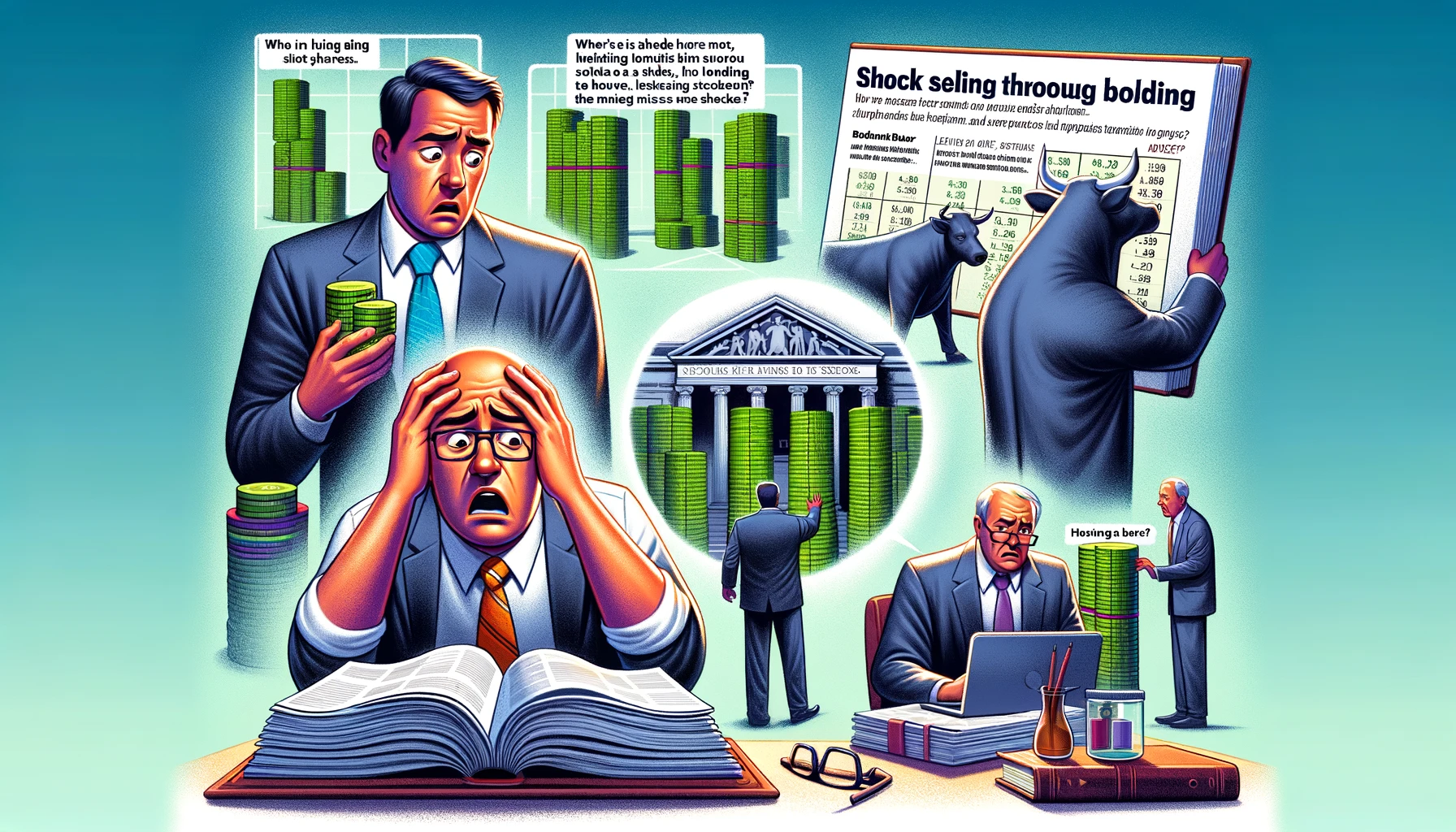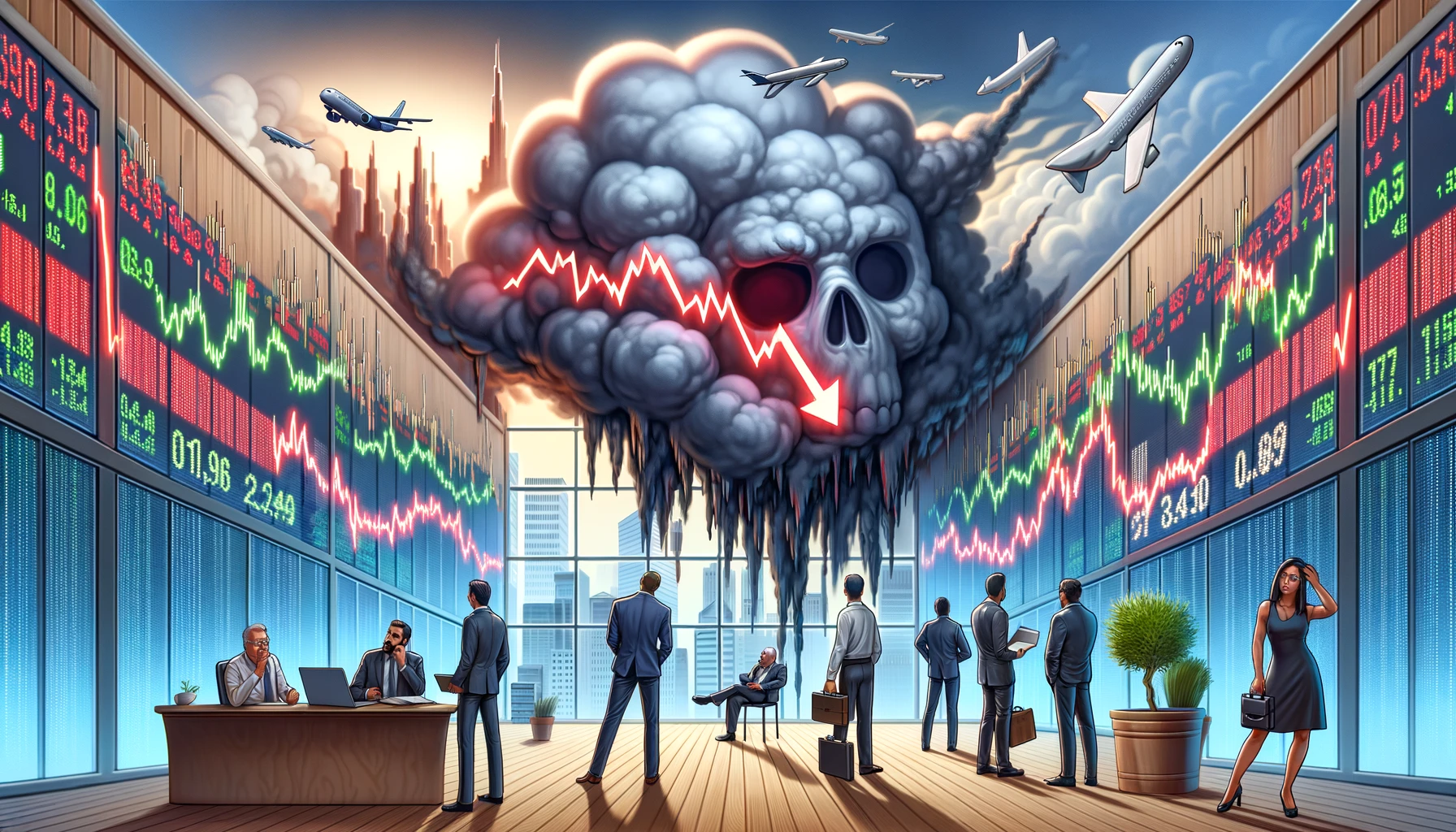Exploring the Inequities and Impacts of Short Selling in Stock Markets

October 22, 2023

1. Inequities in Stock Market Practices:
Investors traditionally buy stocks with their own money, bearing both the potential gains and risks. This direct investment contrasts starkly with short selling, where shares are borrowed and sold in the hope of profiting from a price decline. Questions arise about the legality and ethics of the stock source in short selling. Are these borrowed stocks from individual investors' accounts or restricted shares of original shareholders? If so, is this lending and selling without the shareholders' consent, and does it violate "restricted" selling rules?
2. Transparency and Fairness Concerns in Short Selling:
The practice of borrowing stocks for short selling raises concerns about transparency and fairness. It appears that only large private investment firms have access to these borrowed stocks, putting smaller investors at a disadvantage. The timing of these activities, often during bear markets, only adds to market instability. Such practices can undermine confidence in the stock market, especially when leading stocks are targeted during their nascent recovery phases.





